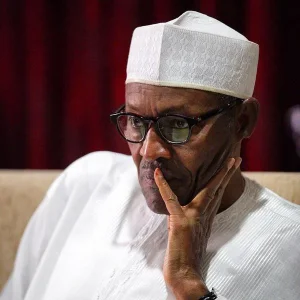L
LequteMan
Guest
Nigeria’s external reserves has declined to a 12-year low, dropping to $28.93 billion at the closing of business last week.
This brings the total decline of the reserves from the beginning of December 2015 to 3.17 per cent.
The reserves which was at $29.880 billion as at December 1, 2015 had dropped by 2.7 per cent within the month to $29.069 the last day of last year before a further shed of $138.668 million dollars between December 31, 2015 and January 7, 2016.
A CBN official explained that the decline was due to the fact that the level of inflow into the reserves was lower than the level of outflow during the 30-day period.
Olubunmi Asaolu of FBN Quest Research said the dropping level of the reserves also reflects the falling oil prices at the international market.
Chief executive of Cowry Assets, Johnson Chukwu explained that the drop in the foreign reserves may not be unconnected with the negotiation of letters of credit established for the importation of PMS, which were funded from the N413billion allocated to payment of petrol subsidy in the recently approved supplementary budget.
“if the reserves falls below a certain threshold the country may not be able to meet its foreign currency obligations. This could trigger loss of confidence by the country’s trade partners who may insist on cash collateral/cover before establishing letters of credit for Nigeria’s importers.” he said.
Leadership
This brings the total decline of the reserves from the beginning of December 2015 to 3.17 per cent.
The reserves which was at $29.880 billion as at December 1, 2015 had dropped by 2.7 per cent within the month to $29.069 the last day of last year before a further shed of $138.668 million dollars between December 31, 2015 and January 7, 2016.
A CBN official explained that the decline was due to the fact that the level of inflow into the reserves was lower than the level of outflow during the 30-day period.
Olubunmi Asaolu of FBN Quest Research said the dropping level of the reserves also reflects the falling oil prices at the international market.
Chief executive of Cowry Assets, Johnson Chukwu explained that the drop in the foreign reserves may not be unconnected with the negotiation of letters of credit established for the importation of PMS, which were funded from the N413billion allocated to payment of petrol subsidy in the recently approved supplementary budget.
“if the reserves falls below a certain threshold the country may not be able to meet its foreign currency obligations. This could trigger loss of confidence by the country’s trade partners who may insist on cash collateral/cover before establishing letters of credit for Nigeria’s importers.” he said.
Leadership

